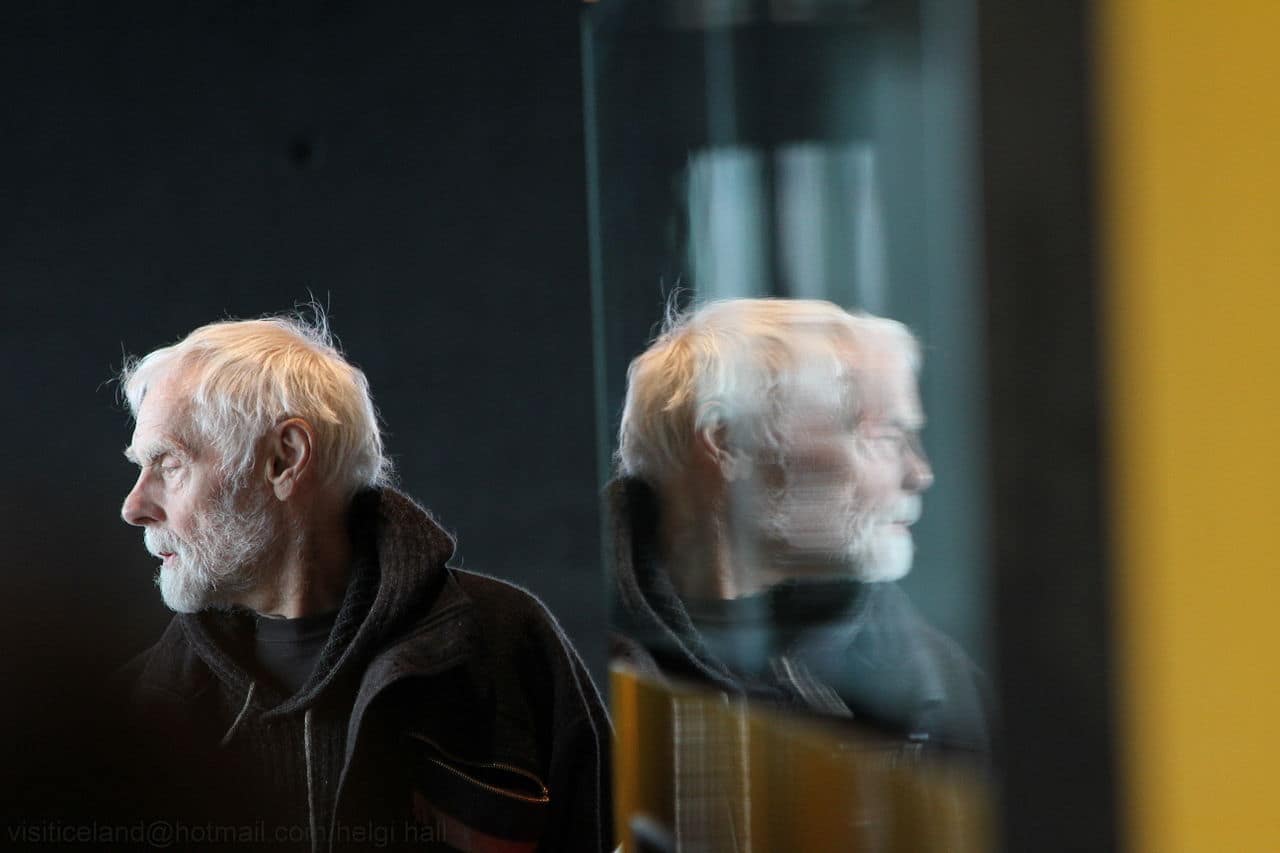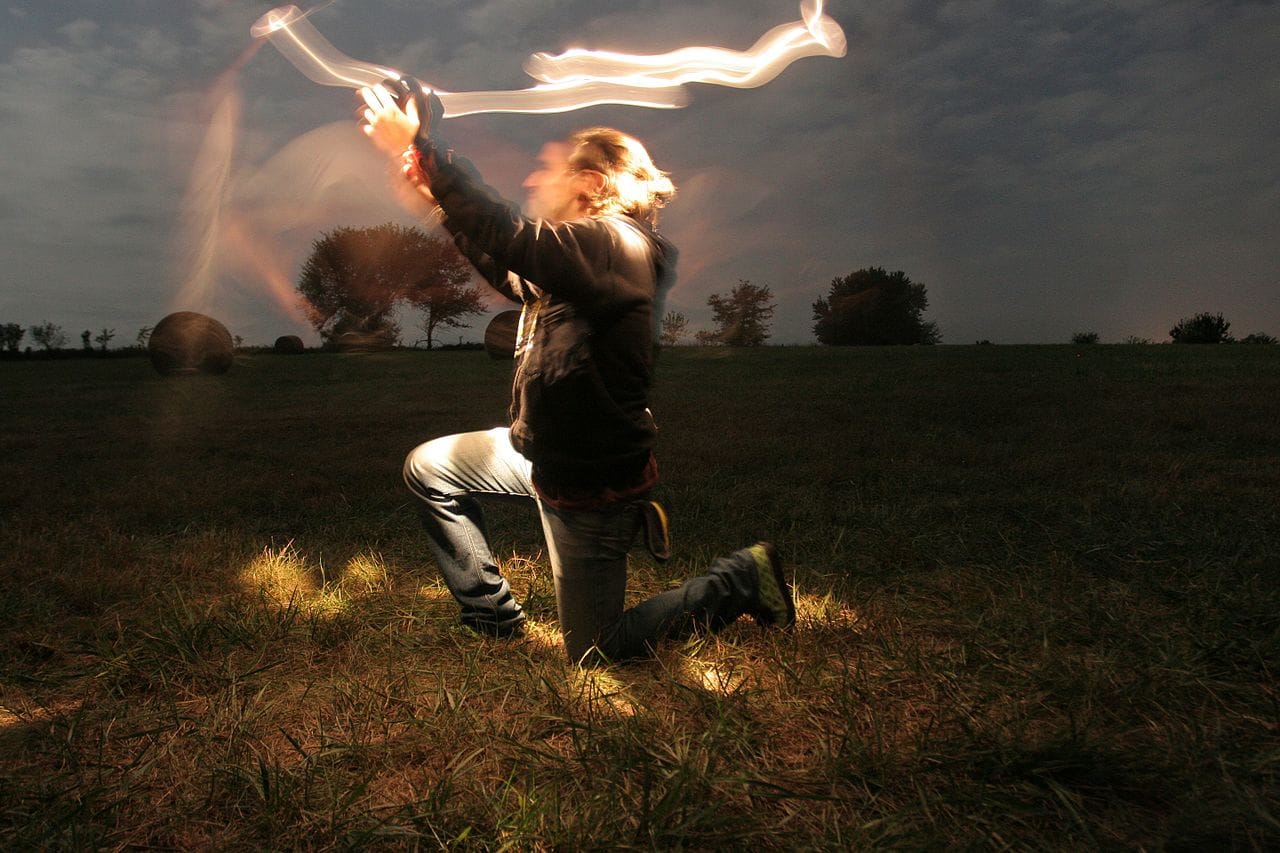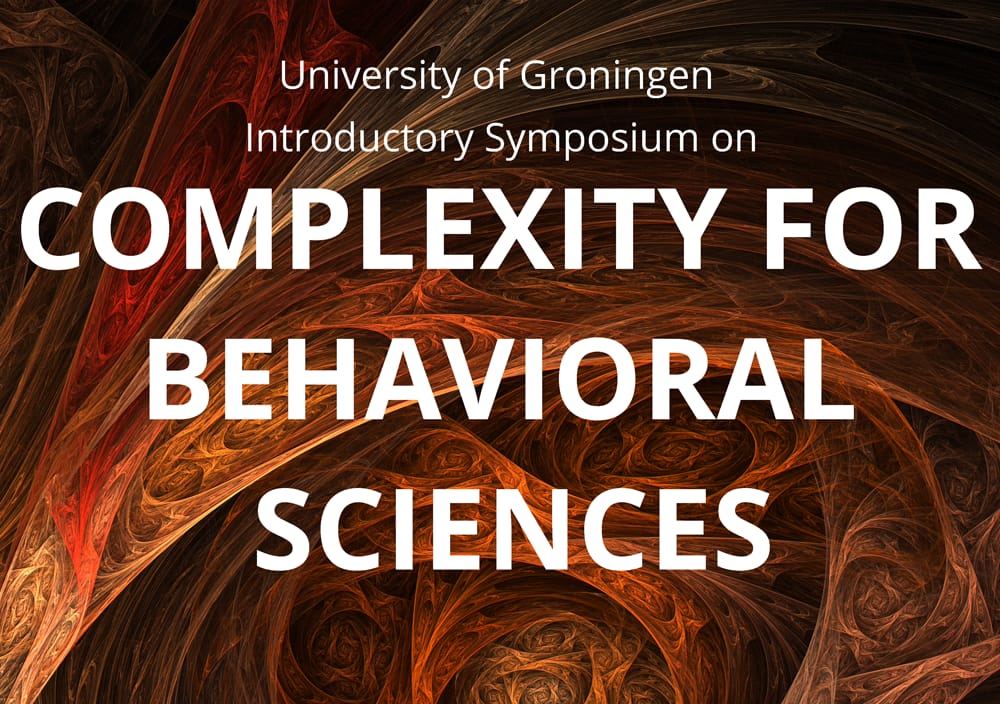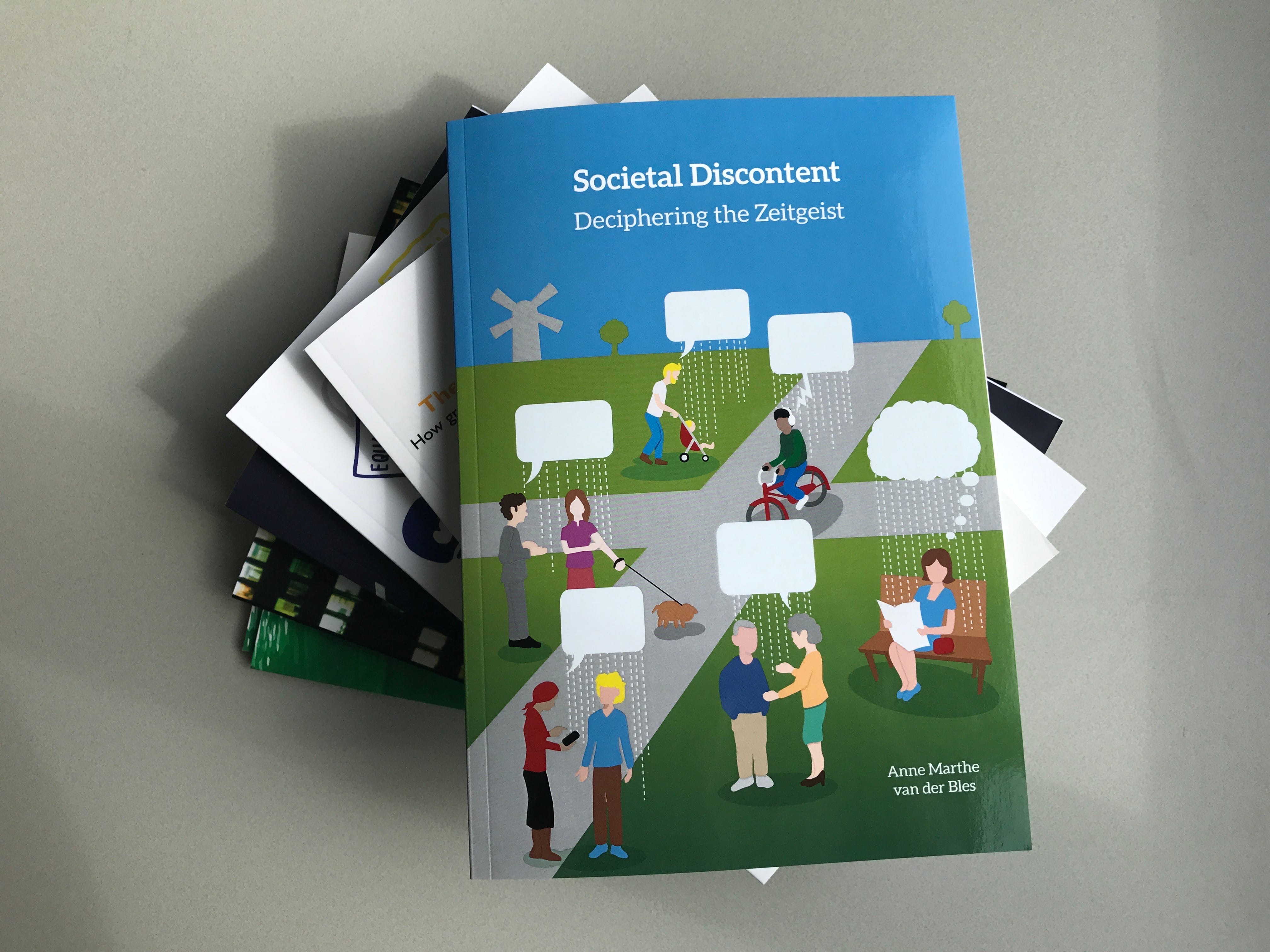Financial decision-making is crucial for an autonomous, independent life. Older adults might have more difficulties with financial decision-making due to cognitive decline that accompanies normal aging. However, an improved knowledge, experience and affective decision-making may lead to a stable or even improved age-related performance in other aspects of financial decision-making.
Our visual system is mesmerising. It is our predominant means of corresponding with the outside world, allowing us to navigate safely through traffic, spotting the mosquito bugging us at night, or reading blogs like this on our phone, tablet or computer. To make things visible, the very first process going on inside our bodies is […]
This year Rijksuniversiteit Groningen offers for the first time symposium on Complex Dynamic System Theory in the Behavioral Sciences aimed especially at students, featuring speakers from the field of Psychology, Philosophy, Human Movement Sciences and Linguistics. Attend a day of presentations, workshops, and a networking reception. We look forward to welcoming you in Groningen.
“Take the official Rorschach Ink Blot test to see if you are crazy”, is the title of the first video that comes up when you type Rorschach Test on YouTube. In the 2006 music video featuring animated inkblots morphing into disturbing images that turn into people, Gnarls Barkley sings “Maybe I’m crazy. Maybe you’re crazy. […]
Around 20% of the Dutch experience an anxiety disorder such as a specific or social phobia in their lifetime, and half of them develop their phobia before the age of 18. So why not start facing our fears at the time we develop our phobia instead of waiting until things get scarier and scarier?
Is it for the money that we are doing what we are doing? That doesn’t fit at all with a community defined by its intrinsic motivation, and certainly not when the object of that motivation is knowledge.
Tomorrow, September 27, Anne Marthe van der Bles will defend her dissertation in which she examines today’s Zeitgeist. She identifies Factor Z, which poses a new way to understand why voters choose extreme candidates.
Do adults who report high level of Attention-Deficit/Hyperactivity Disorder (ADHD) symptoms have poor error-monitoring during effortful tasks? If so, which half of the brain is responsible for it? In this blog post, I will address these two questions.
Why are alternative facts so persuasive? We fail to consider scientific evidence properly because our political opinions signify the kinds of persons we are rather than our knowledgeability. To make science great again, we need to be cooperative and curious and change how science is communicated.
“Special children have special things,” said my mum as she handed me an old-looking book. I had returned to Canada for the summer, after my first year as a tenure-track assistant professor in the Theory and History of Psychology Department, and she had just downsized from her suburban half-acre to a condo in downtown Toronto. Moving house always leads to discovered treasures. This book was certainly one of those.










